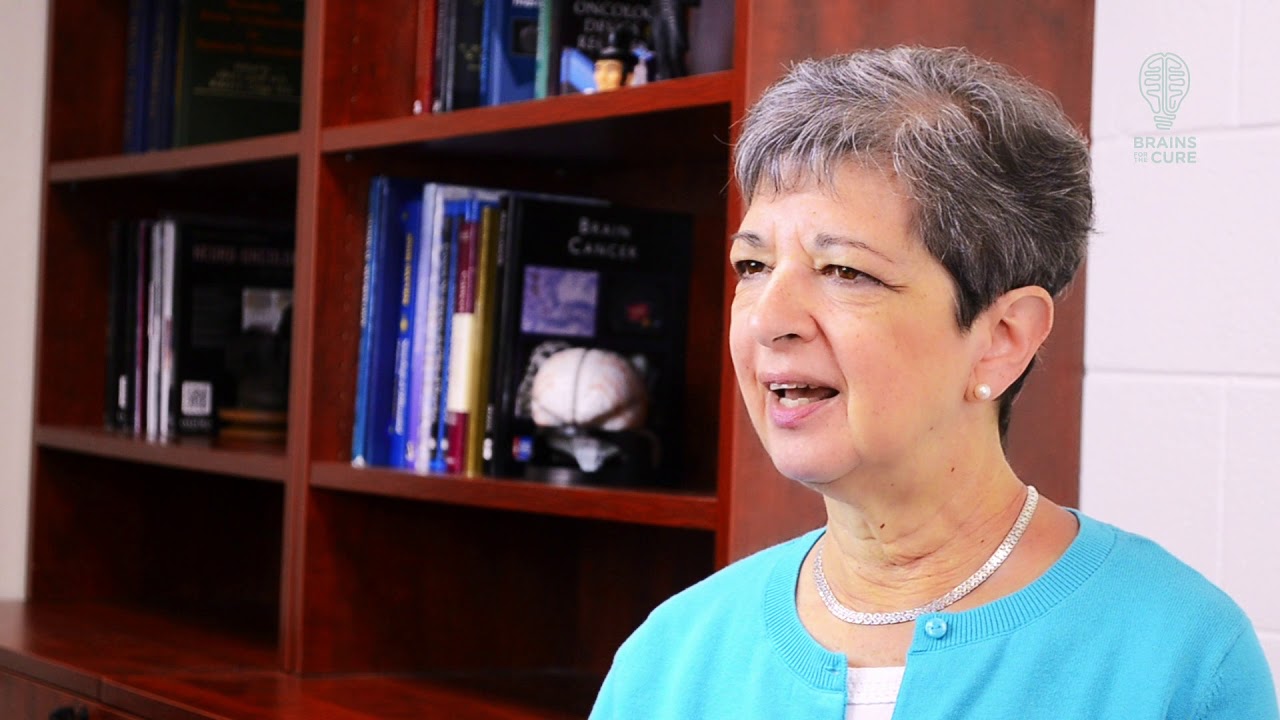
Telling Your Close Friends and Family
Receiving a brain tumor diagnosis is a difficult moment for you or your loved one.
April 11, 2024

Receiving a brain tumor diagnosis is a difficult moment for you or your loved one.
April 11, 2024
Living with a brain tumor can pose significant challenges to maintaining independence, but there are proactive steps patients can take to reclaim control over their lives. Here are some strategies to help brain tumor patients maintain independence and autonomy:Adaptive Techniques: Explore adaptive techniques and assistive devices that can make daily tasks more manageable. From mobility aids like canes or walkers to specialized kitchen utensils or communication devices, there are many tools available to help patients overcome physical and cognitive limitations.Rehabilitation Programs: Participate in rehabilitation programs tailored to address specific impairments caused by the brain tumor.
April 11, 2024
Surviving brain cancer is a triumph, but it often comes with a complex set of emotions, including survivor’s guilt. This guilt arises from the feeling of being fortunate to have survived while others facing similar circumstances did not. Certain thoughts can take over such as, “Why did I survive while others did not?” and “What makes me special?” Coping with survivor’s guilt can be challenging, but it’s essential for long-term mental and emotional well-being. In this article, we’ll delve into the phenomenon of survivor’s guilt in the context of brain cancer survivors and provide tips to help navigate through it.
April 11, 2024
Receiving a diagnosis of brain cancer brings about a whirlwind of emotions and challenges, not least of which involves navigating changes in one’s body and intimate relationships. While the focus of treatment is often on eradicating the cancer and preserving life, the impact on one’s sexuality and intimacy is often overlooked. However, understanding how brain cancer and its treatments can affect intimacy and sex drive is crucial for patients and their partners to maintain healthy relationships and overall well-being.Body Changes and Intimacy: Brain cancer and its treatments can lead to various physical changes that can affect intimacy.
April 11, 2024
https://www.youtube.com/watch?v=Gu4k9O4-jmsBrain cancer remains one of the most complex and challenging diseases to treat, yet it is often accompanied by a veil of stigma and misunderstanding in society. This stigma can have profound effects on patients and their families, influencing everything from treatment decisions to social interactions. However, by shedding light on these misconceptions and fostering greater understanding, we can work towards a more compassionate and supportive environment for those affected by brain cancer.The Stigma Surrounding Brain CancerFear of the Unknown: One of the primary reasons for the stigma surrounding brain cancer is the fear of the unknown.
April 11, 2024

Receiving a diagnosis of a brain tumor is a life-altering event that not only affects the individual diagnosed but also reverberates through their entire social sphere. Relationships with spouses, family members, friends, coworkers, and acquaintances undergo significant transformations as everyone grapples with the newfound reality. Understanding these changes and navigating them with empathy and open communication is crucial for all involved.Spouse/Partner: The bond between spouses or partners often faces some of the most profound shifts. The initial shock and uncertainty may bring partners closer together, strengthening their support system. However, as treatment progresses, challenges such as financial strain, role adjustments, …
April 11, 2024
Receiving a cancer diagnosis brings about a whirlwind of emotions and challenges, often including significant changes to one’s body. Cancer treatments such as chemotherapy, radiation, and surgery can lead to alterations in appearance, causing distress and impacting self-esteem. Coping with these changes is a crucial aspect of the cancer journey, fostering resilience and enhancing overall well-being. In this article, we will explore strategies to help patients navigate the challenges to their self-esteem and body image during cancer treatment.Understanding Body Changes: Firstly, it’s essential for patients to understand that the physical changes they experience are a result of…
April 11, 2024

When treating a patient, no matter their diagnosis, a doctor learns about the patient, but also their family and friends. Dr. Nick Avgeropoulos wants to know the answers to many questions, so that he feels …
February 5, 2021